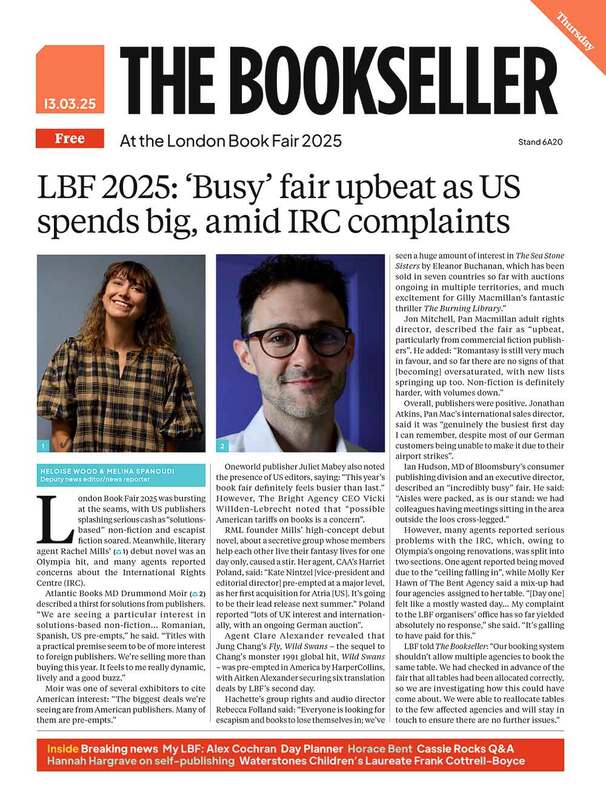You are viewing your 1 free article this month. Login to read more articles.
Library desk rentals a 'business opportunity' says Taskforce chief
The chief executive of the Libraries Taskforce, Kathy Settle, has waded into the debate about desk space rentals, saying it is a "business opportunity" for the sector.
Speaking at the Connected Local Government Live conference last week, Settle said the arrival of flexible working in the civil service provided a "useful income stream" to libraries, according to UK Authority.
The Ministry of Justice is among the government departments renting “hot design” space in libraries, Settle said. However, she also warned that libraries seeking to use space like this should prepare for “pushback” from the local community.
The idea of renting desks comes after libraries have been exploring ways to build local engagement and generate income streams such as partnering with JobCentres and gyms. Library executives should be proactive in identifying possible partners, Settle advised. “If you are aware of changes in other organisations, like estates contracts coming to an end, go out and talk to them. Maybe there is something we can do together," she said.
Settle also told delegates that the library sector was flourishing, with 211 milion physical visits and 86 million digital visits a year. “While people focus on libraries that have closed, there aren’t that many of those - and there are hundreds that have been opened or renovated. That message doesn’t always get out,” Settle said.
However, campaigners have hit back at the suggestion, saying the notion that public libraries were flourishing after hundreds of closures is "astonishing".
Elizabeth Ash, a founding member of library campaign group Speak Up For Libraries, said: "It is astonishing that anyone would say that public libraries are flourishing, but for such a statement to be made by the chief executive of the Taskforce truly beggars belief. The Taskforce is doing nothing but pushing a clear government agenda and doing so using public funds which are assured until 2020. Not so for many public libraries which will have closed or withered and died well before then."
On the merits of renting desk space, Ash added: "Alternative revenue streams in libraries such as working with gyms, businesses or renting out desk space have nothing to do with delivering a good public library service which is supposed to be protected by statute. Co-location sold as 'integration of services' by the Taskforce, all too often leads to reduced staff, reduced space and reduced stock in libraries as will the introduction of the alternative revenue streams Kathy Settle suggests."
Children's author and campaign Alan Gibbons said that the whole conversation around renting library desk signalled "how far we have moved from the concept of a free public library" service.
"Library campaigners have for years been arguing that the priority is providing the core services of book lending, computer use for the public, archiving, local history and storytelling," he said. "This smacks to me of the dilution of the entire public service ethos of our libraries. The Taskforce should be focusing single-mindedly on the needs of communities.”
Laura Swaffield, chair of the Library Campaign, added that the notion of libraries becoming "fall-back government offices" was "sureal".
"We have long had to accept that the Taskforce is the creature of DCMS, and is never going to speak out against massive real problems like cuts and volunteer-run libraries," she said. "That by no means invalidates all its work. But its emphasis on libraries using all their ingenuity just to find basic funding is irritating. Making them into fall-back public toilets and government offices is just surreal. We've lost almost 800 libraries - and 10,000 librarians - since 2003-4. If Kathy thinks that's 'not all that many', and if she really believes 'hundreds' of new or refurbished libraries have opened, the Taskforce has finally lost all touch with reality."
Last month concerns were raised about Forest Hill Library in South East London which has started renting out desk space at a cost of £200 a month, with campaigners slamming it as a "crass attempt at squeezing cash for locals".
However, the library has defended the move, stressing that the space was previously unused and that all revenue will be reinvested into the running of the library.





















